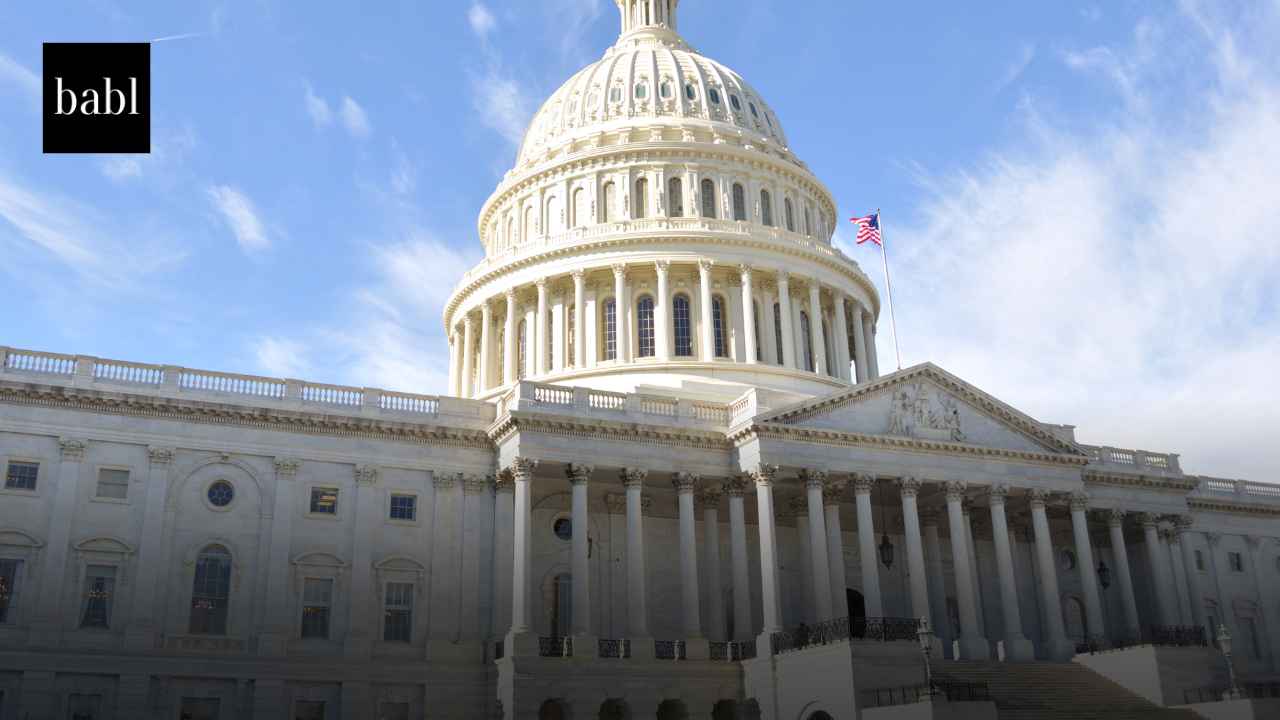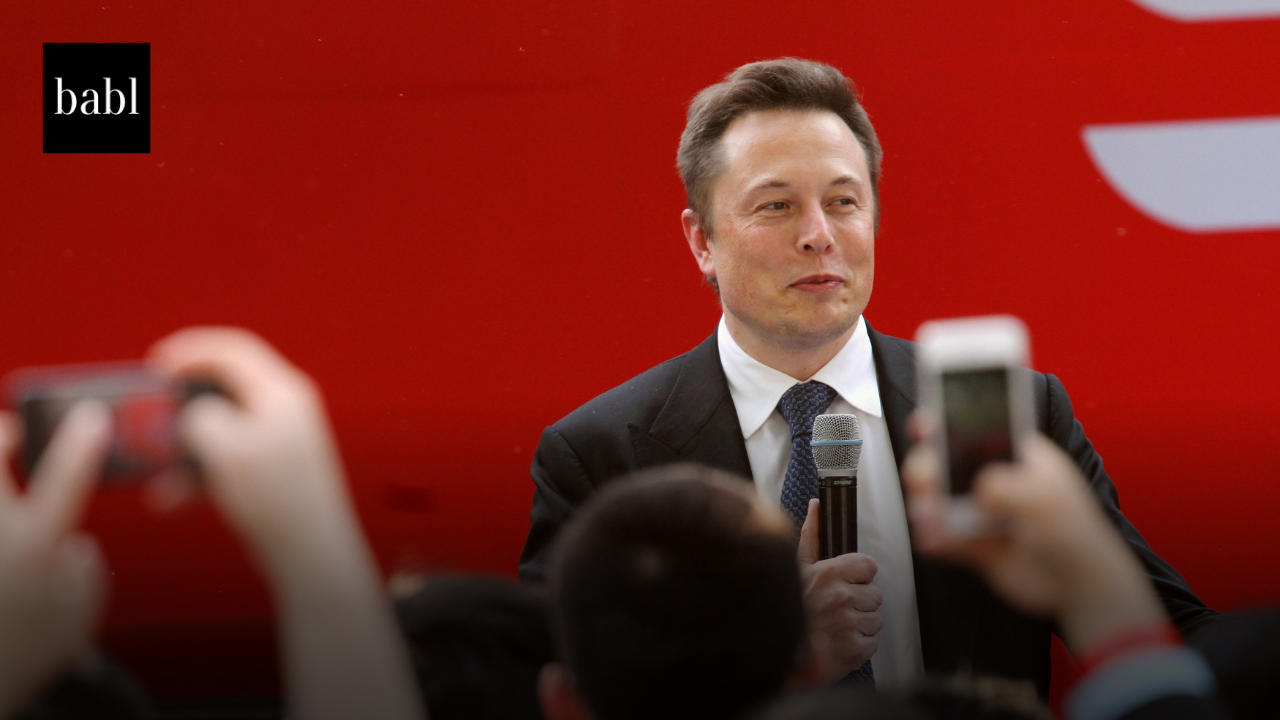A bill seeking to address the issue of deepfakes being used to spread political misinformation is making some headway in the United States. In the state of Hawaii, House Bill 1766 (HB1766) and Senate Bill 2396 (SB2396) were introduced in January and have undergone several actions since their introduction.
The bills note that deceptive and fraudulent deepfakes have become a tool for spreading political misinformation that erodes public trust in government and elections. The purpose of the bills is to prohibit the distribution of deceptive and fraudulent deepfake media targeting candidates before elections, in order to combat the spread of this kind of misinformation in Hawaii.
Both bills propose adding new sections to Hawaii Revised Statutes Chapter 11 to implement these prohibitions. Specifically, HB1766 would prohibit any person from distributing, within 90 days prior to a primary or general election, a synthetic media message in an electioneering communication that depicts a deceptive and fraudulent deepfake of a candidate or party. SB2396 contains a similar core prohibition, barring distribution of electioneering communications within 90 days of an election if the person knows or should have known the communication contains deceptive and fraudulent deepfakes of a candidate or party.
However, the bills have some key differences. SB2396 prohibits deepfakes targeting “parties” in addition to candidates, while HB1766 only covers deepfakes of candidates.The bills also differ in their exceptions. Both exempt certain bona fide news broadcasts and publications that clearly disclose questions about the authenticity of deepfake media. HB1766 also contains broader exceptions for satire, parody, and synthetic media where the publisher clearly states it does not accurately represent the candidate’s speech or conduct. To qualify for these exceptions in HB1766, media containing deepfakes must include a clear disclosure statement such as “This [media] has been manipulated or generated by artificial intelligence.”
Both bills provide enforcement mechanisms. Candidates depicted in prohibited deepfakes could seek injunctions prohibiting publication of the media. Hawaii’s Campaign Spending Commission could investigate, conduct administrative proceedings, and assess fines. Civil damages could also be pursued. While similar in their core purpose, the bills differ in some of the details around the specific prohibitions, exceptions, disclosure requirements, and the inclusion of parties in addition to candidates. It is expected that the House and Senate will reconcile these differences to finalize a bill, should either bill progress to that stage.
If you’re wondering how this regulation, as well as other AI regulations and laws around the world could impact you, reach out to BABL AI. Their Audit Experts are ready to help you with your concerns and questions while providing valuable assistance.





